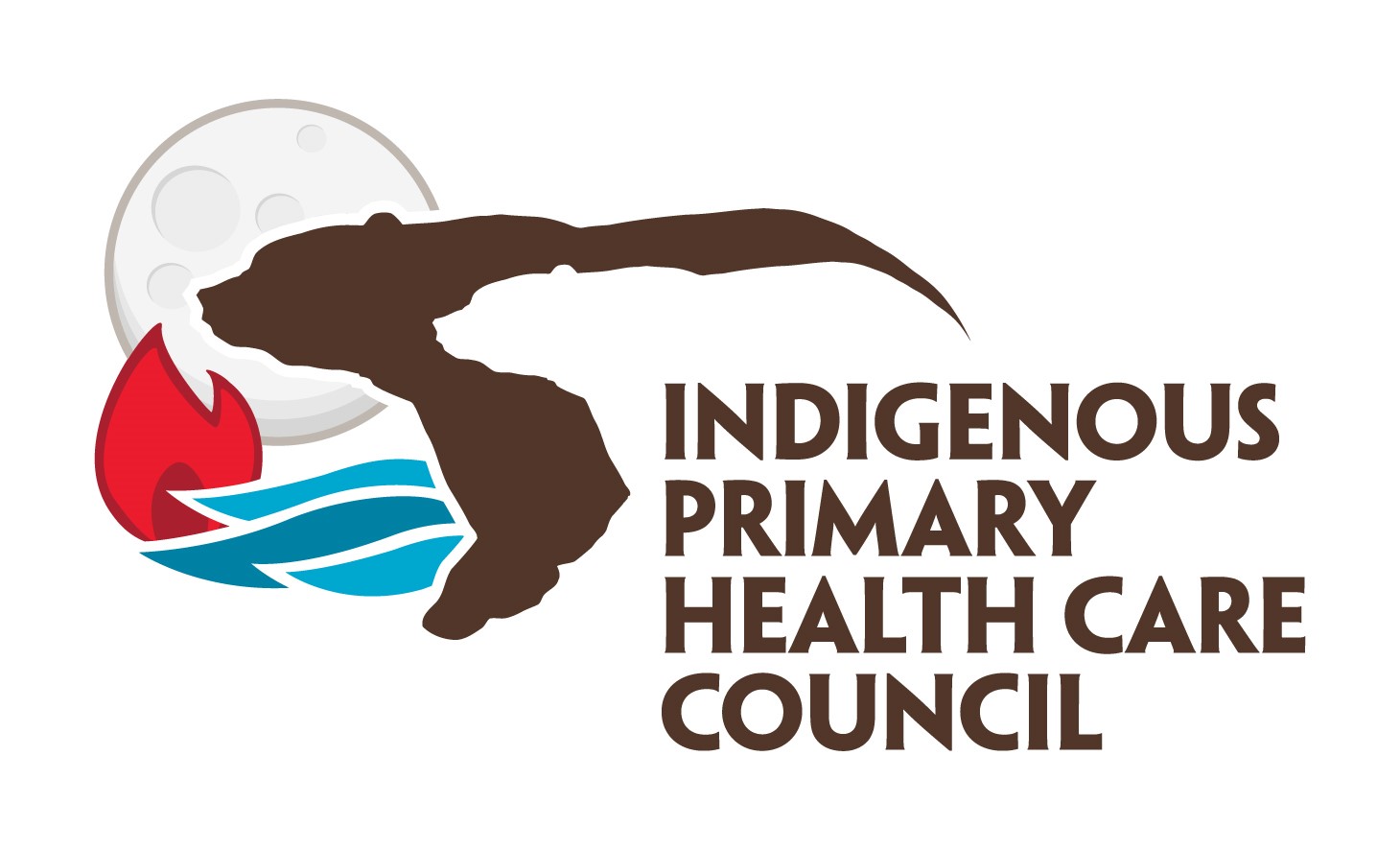Source
In March 2019, Ontario Health (Cancer Care Ontario) introduced a new overarching policy for breast and cervical cancer screening for Trans people (updated March 2022), providing clarity about who is eligible for screening through the Ontario Breast Screening Program (OBSP) and Ontario Cervical Screening Program (OCSP) and outlining steps that can be taken to reduce emotional and physical discomfort for Transgender and Non-binary people during the screening process.
On Friday, June 17, 2022, we presented a special webinar about how organizations can use these tools to make cancer screening more accessible to Transgender and Nonbinary clients and community members. Dr. Ed Kucharski, primary care clinician and Chair of the steering committee that oversaw the policy’s development, presented an overview of the new guidelines. Celeste Turner and Michelle Hurtubise, two leaders in 2SLGBTQ+ health equity within the Alliance, share their perspectives on how to advance health equity for gender diverse populations: Celeste as a front-line care provider, and Michelle as an executive leader at a member organization. Celeste spoke about the importance of - and strategies for - creating an environment that's genuinely safe and accessible for Trans and Nonbinary clients. Michelle shared how the Alliance is working towards updated data standards that will allow eligible clients to be correctly identified regardless of their gender or assigned sex at birth, and how you can get involved.
The webinar was recorded and can be watched below. You can also access the slide deck, which contains links to numerous helpful resources, here.
#
Please take a moment to tell us how we did by completing this short evaluation survey.
#Additional resources
The slide deck linked above contains links to a number of resources that were mentioned within the webinar. Here are a few of them:
- Self-directed courses for health care workers from Rainbow Health Ontario (RHO).
- RHO's resource library includes several of the documents documents mentioned in the webinar, including this LGBTQ Cancer Factsheet, a booklet on Trans People and Cancer, and guidelines for ensuring gender-affirming care.
- This textbook, Caring for LGTBQ2S People: A Clinical Guide was just released in its second edition, co-edited by Dr. Kucharski and his colleague, Dr. about caring for awas co-edited by Ed Kucharski and his colleague Dr. Amy Bourns from the Sherbourne Health Centre.
- The Health Equity Impact Assessment - LGBT2SQ Populations Supplement - from the Ontario Ministry of Health and Long-Term Care outlines provide datas on disparities in health outcomes experienced by this population and explores some of the root causes.
- Trans PULSE Canada is a community-based survey of the health and well-being of trans and non-binary people in Canada. They have put out numerous resources based on the data collected through the survey, including this report and this "Quickstat" fact sheet on health care access and unmet needs.
- Neutralizing Clinical Language from HealAll Consulting can help you talk to your Transgender and Non-Binary clients in gender-affriming, safer ways.
- The Centre of Excellence for Transgender Health at UC San Francisco also has many resources, including guidelines, online learning, and research evidence.
Our presenters have kindly agreed to share their email addresses for follow-up questions.
- For questions about the new guidelines and implementation considerations, contact PrimaryCareInquiries@OntarioHealth.ca or email Dr. Kucharski directly at ekucharski@caseyhouse.ca.
- For questions about creating safer spaces for Trans- and Non-Binary clients, why Rainbow Stickers alone aren't enough, and the work of the Alliance's 2SLGBTQ+ Health Equity Committee, contact Celeste at CTurner@nfchc.ca.
- For questions about how you can advocate for gender-affirming EMR data standards, contact Michelle at MHurtubise@CentretownCHC.org.
#Presenter Biographies
Dr. Ed Kucharski is the Chief Medical Officer at Casey House and a physician at the South East Toronto Family Health Team. He is one of the authors of the new screening guidelines.
Celeste Turner is an LGBTQ+ support coordinator at the Niagara Falls Community Health Centre (NFCHC) and chair of the 2SLGBTQ+ Health Committee at the Alliance for Healthier Communities. They are also a community educator on sexual and gender diversity, offering free training for businesses, groups, and agencies through the NFCHC. In 2019, they were a recipient of the YMCA Peace Award for Youth.
Michelle Hurtubise is the Executive Director of Centretown Community Health Centre (CCHC) in Ottawa. She is a member of the 2SLGBTQ+ Health Committee and the Information Management Committee at the Alliance for Healthier Communities. She has more than 30 years of experience working with community-based health and social services and is a forceful advocate for increasing access to services for 2SLGBTQ+ people and other marginalized people.
#Co-Sponsors and Partners
This webinar is co-sponsored by Ontario Health and the member organizations of the Primary Care Council: The Alliance for Healthier Communities, the Indigenous Primary Health Care Council (IPHCC), the Nurse Practitioner Led Cllinics Association (NPLCA), and the Association of Family Health Teams of Ontario (AFHTO).




